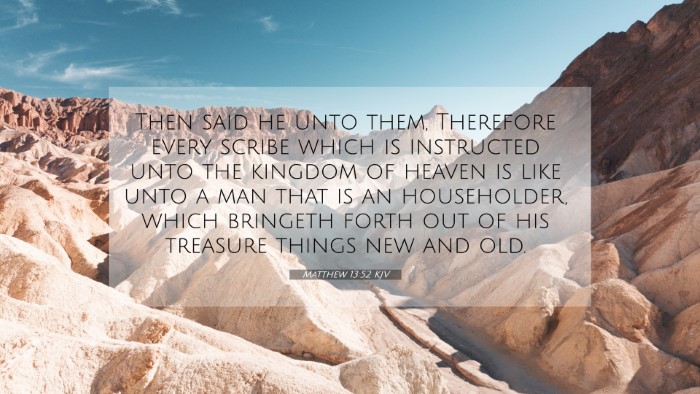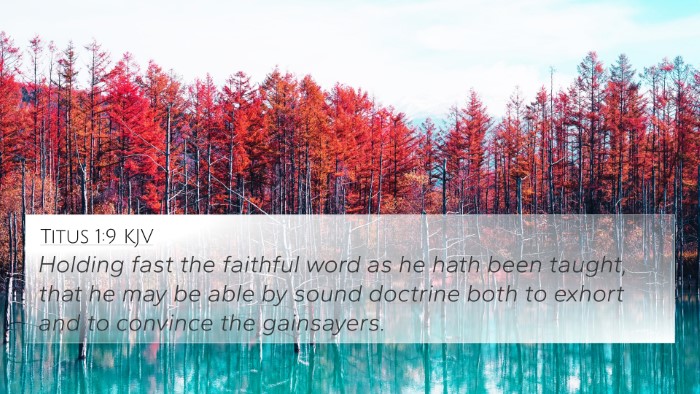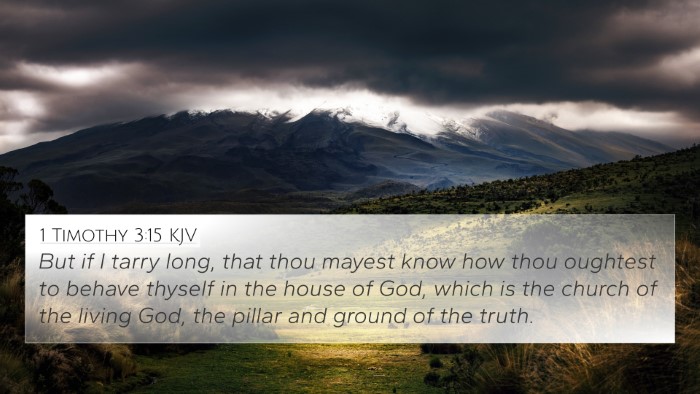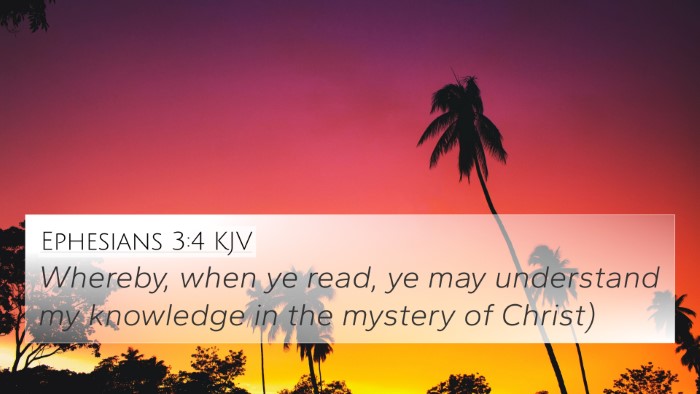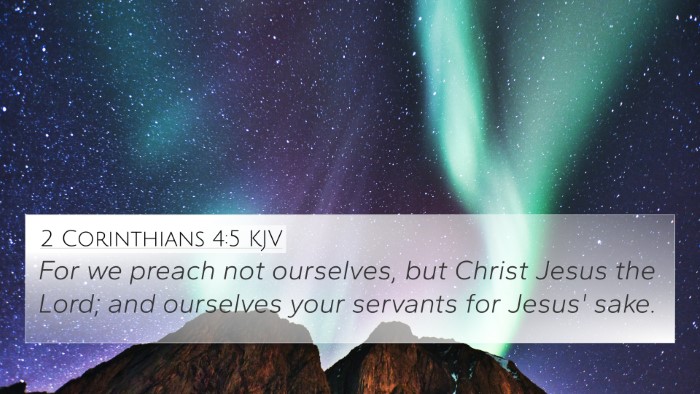Understanding Matthew 13:52
Matthew 13:52 states: "Then said he unto them, Therefore every scribe which is instructed unto the kingdom of heaven is like unto a man that is an householder, which bringeth forth out of his treasure things new and old."
This verse serves as a conclusion to Jesus' teachings through parables, emphasizing the role of the scribe who has been trained in the teachings of the kingdom of heaven. It draws attention to the responsibility of the instructor to bring forth both old and new treasures of wisdom.
Context and Thematic Connections
Matthew Henry comments on this verse, indicating that it highlights the duality of knowledge – how both the Old Testament teachings and the wisdom found in the New Testament contribute to understanding the kingdom of heaven. This duality enriches a believer's perspective, facilitating a deeper grasp of God's entirety and redemptive plan.
Albert Barnes emphasizes the importance of a scribe's education, seeing him as one equipped to interpret the scriptures faithfully. The “treasures” that the scribe brings forth represent insights derived from scripture study, as well as the fresh revelations of the gospel message.
Adam Clarke points out that being "instructed" conveys a responsibility. A well-trained scribe in God's kingdom must not only preserve old truths but also be open to new understandings as revealed through Christ, illustrating the continual unfolding of divine wisdom.
Interpretation and Application
This verse encapsulates the essence of {strong}inter-Biblical dialogue{/strong} and {strong}thematic Bible verse connections{/strong}. It urges believers to recognize the foundational truths of the Old Testament while embracing the transformative teachings of the New Testament. In the context of our spiritual growth, it suggests that past insights can illuminate present revelations.
- Bible verse cross-references:
- Luke 12:48 - “For unto whomsoever much is given, of him shall be much required.”
- 2 Timothy 2:15 - “Study to show thyself approved unto God, a workman that needeth not to be ashamed.”
- 1 Peter 1:10-12 - Discusses how prophets searched diligently for the grace that would come.
- John 5:39 - “Search the scriptures; for in them ye think ye have eternal life.”
- Hebrews 4:12 - “For the word of God is quick, and powerful, and sharper than any two-edged sword.”
- Romans 15:4 - “For whatsoever was written aforetime was written for our learning.”
- Colossians 3:16 - Encourages believers to use scripture to teach and admonish one another.
- Matthew 5:17 - “Think not that I am come to destroy the law, or the prophets.”
- Acts 17:11 - Commends the Bereans for searching the scriptures daily.
- 2 Peter 1:20-21 - Speaks to the importance of prophecy being of no private interpretation.
Cross-Referencing Biblical Texts
Engaging with scripture through {strong}Bible cross-referencing{/strong} is essential for a thorough understanding and analysis of biblical themes. Here, we can explore {strong}comparative Bible verse analysis{/strong} by connecting Matthew 13:52 to various passages that either affirm or expand upon its core message:
- Tools for Bible cross-referencing:
- Using a {strong}Bible concordance{/strong} can help identify verses that relate to the teachings of Jesus and their Old Testament precedents.
- Employing a comprehensive {strong}cross-reference Bible study{/strong} can facilitate a deeper examination of these connections.
- Consider using a {strong}cross-reference guide{/strong} to trace themes across different biblical books and the implications for teachings on stewardship of knowledge.
Conclusion
In summary, Matthew 13:52 invites a rich examination of the connections between Old and New Testament scriptures, showcasing the importance of integrating this wisdom into our understanding of God's kingdom. As we undertake {strong}cross-referencing Bible study methods{/strong}, we can glean powerful insights that prepare us for meaningful engagement with scripture and enrich our spiritual journey.


